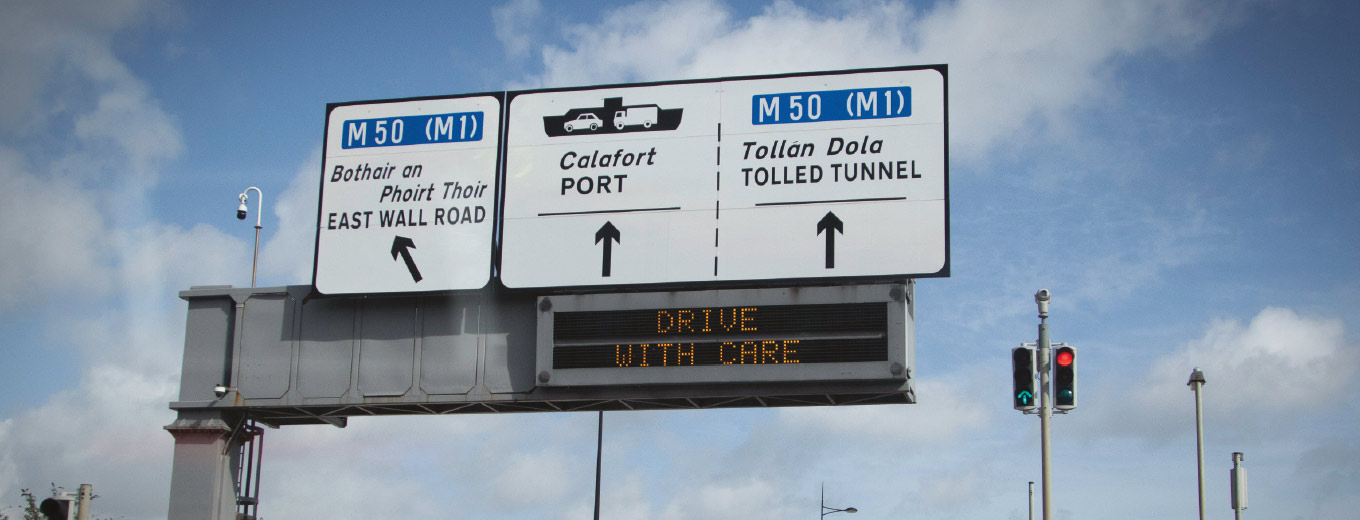Affiliates in Ireland have advised that shipments arriving at Dublin and Cork ports are being delayed because of extensive custom clearance processing, as a result of inadequate ‘free time’ allocated for containers to be picked up.
In spite of assurances from Irish tax and customs organisation Revenue that training and deployment would help mitigate such delays, added pressure from COVID-19 on working practices has caused ‘significant deployment issues’, according to Rob Gilbert, President of FIDI Ireland.
‘Evidence supporting customs clearance documents are being examined in fine detail by officers, which is also resulting in a higher than previously noted number of VAT and duty charges, directly relating to the examination of the paperwork and officers determining that the goods are not used household goods,’ he said.
Daily costs from the delays include demurrage, which varied depending on the shipping line, liner agent and NVOCC agent at the ports, customs exam costs, additional third-party carriage and labour, and bonded warehousing storage.
Gilbert advised companies using the ports to mitigate the risk by: requesting extended free time at their destination port and having it noted on the bill of lading; ensuring paperwork required for clearance is collected before a shipment departs; advising clients of anticipated delays, possible examination at destination, and costs; and, with more examinations occurring, taking photos of goods for insurance purposes.
As FIDI Focus went to press, Gilbert said that the delays were only impacting import shipments, and that Dublin and Cork Airports weren’t yet affected by delays. However, he added that he expected ‘some disruption in service norms as the Brexit deadline approaches’ and that ‘these circumstances will only get worse and have further impacts on the costs of demurrage detention and quay rents’.
Other ports around the world are also experiencing congestion. This includes the Port of Sydney, where major shipping lines have been levying congestion surcharges.

